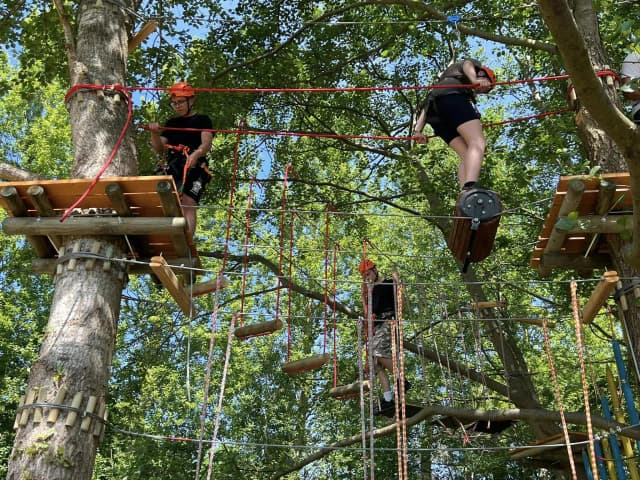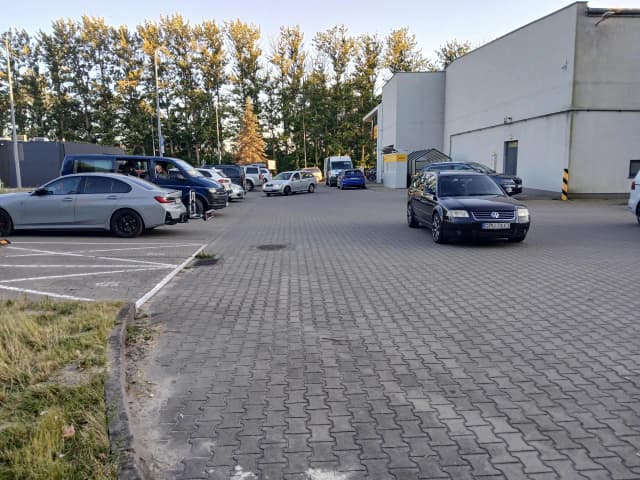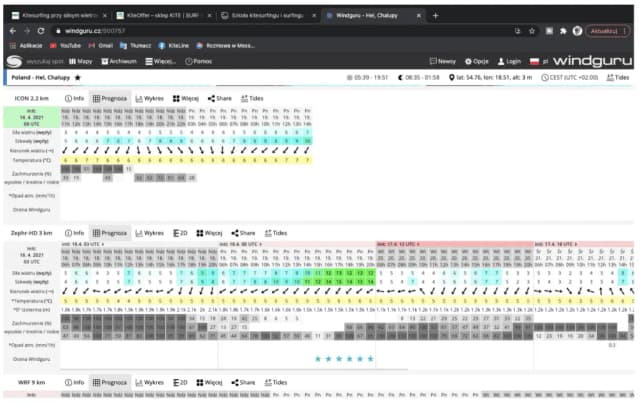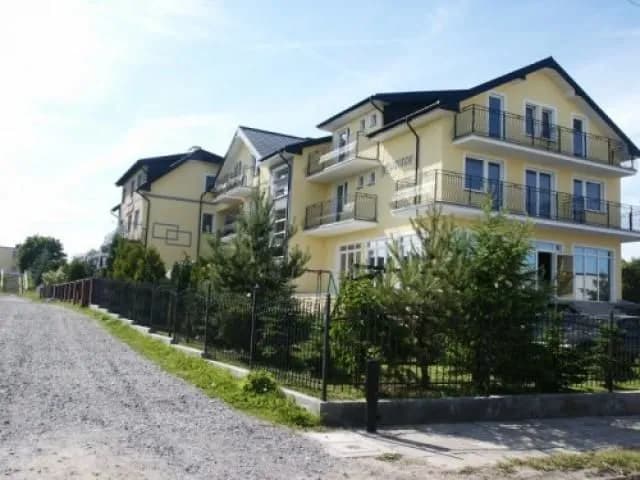
Dlaczego Gdynia była nazywana polskim oknem na świat? Historia portu i jego znaczenie

Jak dostać się na Hel - najtańsze i najwygodniejsze opcje podróży
Planujesz podróż na Hel? Sprawdź, jak dostać się na Hel najtańszymi i najwygodniejszymi opcjami transportu, aby cieszyć się bezstresowym wypoczynkiem.

Ile jedzie pendolino z Warszawy do Gdańska? Sprawdź czas przejazdu
Ile jedzie Pendolino z Warszawy do Gdańska? Sprawdź czasy przejazdu i wybierz najszybszą opcję podróży już dziś!

Co robić w Karwii w razie niepogody? Sprawdź atrakcje dla rodzin
Znajdź najlepsze atrakcje w Karwii, które umilą czas rodzinie w razie niepogody. Sprawdź, co robić w Karwii w deszczowe dni!

Władysławowo Chłapowo ile km? Sprawdź łatwą trasę i czas podróży
Planujesz podróż z Władysławowa do Chłapowa? Sprawdź, ile km dzieli te miejscowości oraz łatwe trasy i czas podróży.
Co zwiedzić w Kołobrzegu: najważniejsze atrakcje i ciekawe miejsca
Szukasz, co zwiedzić w Kołobrzegu? Sprawdź najważniejsze atrakcje, ciekawe miejsca i lokalne wydarzenia, które umilą Twój pobyt nad morzem!

Artykuły z kategorii Nadmorskie kurorty

Jastarnia co warto zobaczyć: ukryte skarby, które musisz poznać
Jastarnia co warto zobaczyć? Poznaj najważniejsze atrakcje, ukryte skarby oraz piękne przyrodnicze trasy, które zachwycą każdego turystę.

Jak dojechać z Gdańska na Hel pociągiem - najważniejsze informacje i ceny
Planujesz podróż? Sprawdź, jak dojechać z Gdańska na Hel pociągiem, poznaj dostępne połączenia, czasy przejazdu i ceny biletów.

Gdzie zaparkować w Władysławowie? Najlepsze opcje parkingowe i porady
Szukasz, gdzie zaparkować w Władysławowie? Sprawdź najlepsze opcje parkingowe, w tym darmowe miejsca i praktyczne porady dla turystów.

Jaka pogoda w Jastarni? Sprawdź aktualne warunki i prognozy
Sprawdź, jaka pogoda w Jastarni. Aktualne warunki, prognozy na dziś i jutro oraz praktyczne porady na każdą pogodę. Planuj swój czas w Jastarni!

Ile do morza z pensjonatu Wojciech w Władysławowie? Sprawdź teraz!
Pensjonat Wojciech w Władysławowie znajduje się 1,3 km od morza. Sprawdź, jak szybko dotrzesz na plażę i ciesz się spokojnym wypoczynkiem!

Ile wcześniej można kupić bilet PKP, aby zaoszczędzić na podróży?
Ile wcześniej można kupić bilet PKP? Sprawdź, jak zarezerwować bilety, aby zaoszczędzić na podróży krajowej i międzynarodowej.
Partnerzy naszej strony